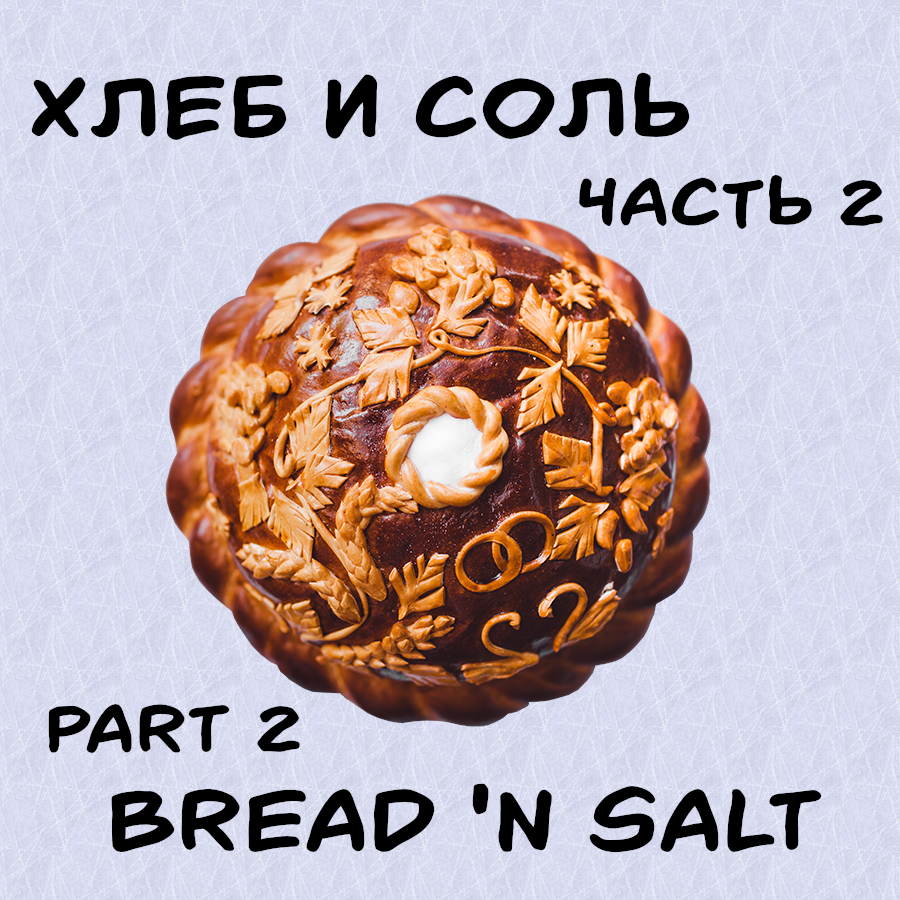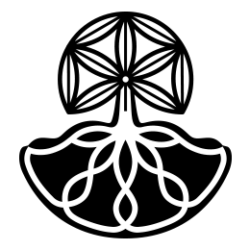The sacredness of “bread & salt” was manifested in the customs of our Slavic ancestors. Thus, in Russia there was a ban on swearing and lying if bread & salt were on the table. And to confirm the truthfulness of the oath, the Russians pronounced “honest bread and salt”, and the Bulgarians “хлеба и солта ми” (“my bread and salt”). Hence the idea of the purifying properties of “bread-salt”: in Polesie region they were placed in “dezha” (special wooden tub for sourdough bread making) to cleanse it; in Ukraine they were given to a woman prior to the first visit to church after giving birth, etc.
ꏍ
“Bread and salt” were widely used in wedding ceremonies. Among the Eastern Slavs, Bulgarians, Poles, matchmakers came to the bride’s house with bread and salt. If the offer of the matchmakers was accepted, the bride’s parents gave them bread and salt in return. The closest female relative or matchmaker circled three times with bread and salt around the parents’ hands, securing the decision on the engagement. Then the matchmaker broke the bread, saying: “The deed is done and sealed with bread and salt” (Yaroslavl region).
ꏍ
With the blessing of the groom and the bride, the Belarusians used to say: “I bless you with bread, salt, happiness, destiny and good health”. The Bulgarians wished the engaged couples to stay together like bread and salt. In Poland, the newlyweds at home after the wedding walked around the table three times with bread and salt, after which the wife kissed the corners of the table and put the bread on the “pech” (the fireplace for cooking and heating).
ꏍ
To be continued…


